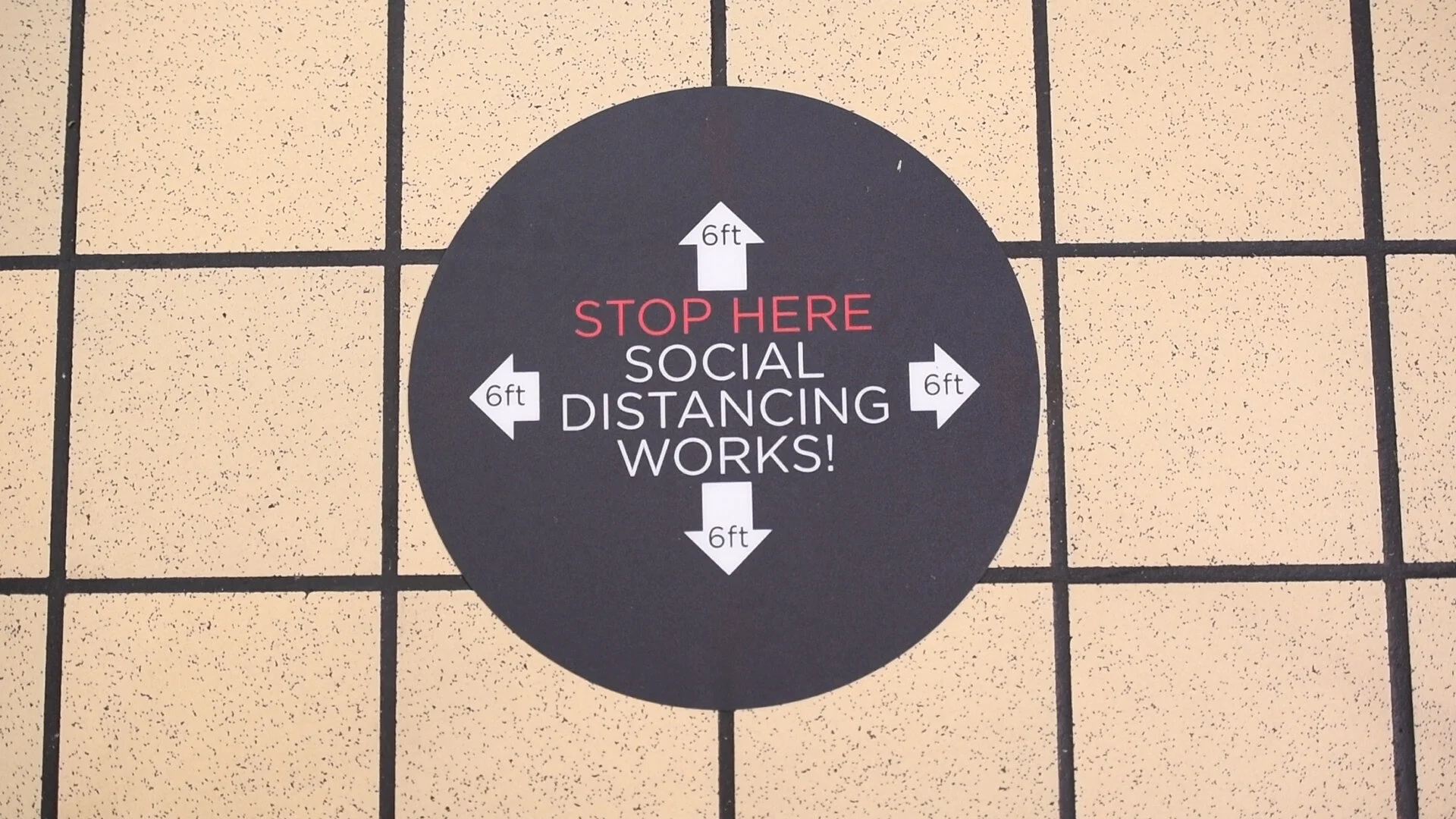Capitalizing on our current crises By Glibert Lawrence
Pundits, Talking heads and Politicians take everybody to task, accusing them of simultaneously doing too much and not enough; as we as society navigate through an unfamiliar, highly virulent pandemic. The result is mixed messaging and a confused state-of-affairs where everyone is an expert of COVID-19 management except the epidemiologists and others in the medical field. Of course, it is nice to level sharp criticism without shouldering any responsibility for the outcome of one's suggestions.
Photo from Wikimedia
Many economists have claimed "To care about the economy is to care about human life." In fact, ever since the "Era of Commercialization" in the 16th century, we have cared more about the economy (i.e. making profits) than human life; sadly, we continue to do so even today. That mercenary priority is what morally permitted the establishment of the slave trade which resulted in 12 million Africans being shipped out of their native countries. Two million of these helpless people died in transit. And several million slaves and indentured labor from Asia also suffered similar fates.
Even today, we consider the welfare of the economy so important that we use every economic and tax tool to turn human beings into mere consumers -- all for the ultimate goal to keep the economy humming. However, when people are burdened with increasing debt and the inevitable stress that it puts on individuals, the combination results in dire consequences on the individual, family, and society.
I regret that we have failed to capitalize on the current need to hit the "pause" button on our economy. It would have been an ideal opportunity to emphasizing spending quality time with our family members and thoughtfully recalibrate our former hectic life-styles. As a result, we could emerge stronger, as individuals, families, a society and the nation.
Photo from Pikist
For starters, among other measures, I would push for a solemn effort to ensure that no child will be brought-up in a single parent home. If the parents are divorced, the child's custody should be awarded to the parent who plans to live with one or more of the child's grandparents. The important psychological effects such a set-up will have on the social behavior of all involved will trigger more compassionate and mutually beneficial familial relationships in all three generations.
It is imperative that we as a society should have an open discussion of the enormous stress that two working parents put on the couple and their children. After carefully weighing the risks and benefits of a two-earner family, parents will likely recognize the need to team up with one set of grandparents for the care and well-being of the children. The sacrifices that such an arrangement will surely call for will ultimately translate into advantages for the entire family. The slogan that we "can have it all" is pure fantasy. We just cannot have everything, or else sooner or later we will have nothing as so many individuals and families across the country are unfortunately experiencing.
The National Institute of Mental Health informs us that at any given time one in four adults and one in five children has a mental health problem. No socio-economic groups -- be they black, blue or brown -- are immune from this high risk.
Gilbert Lawrence is a M.D. in Utica, New York and co-author of Your Happy Brain: Why and How to Hug It







